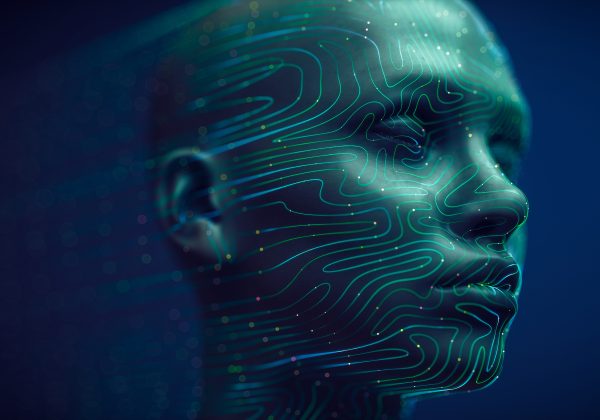The Ticker: AI Revamps Healthcare
The health care industry is poised for an artificial intelligence (AI) makeover. Around the world, health care professionals see deep change on the near horizon: The AI health care market’s value is expected to jump from $1.4 billion in 2018 to $17.8 billion by 2025, according to Zion Market Research.
“AI has the potential to augment the most foundational aspect of high-quality care: the doctor-patient relationship,” according to Shantanu Nundy, a primary care physician at Mary’s Center, and Michael L. Hodgkins, chief medical information officer of the American Medical Association. In an online Health Affairs article, they point to the technology’s ability to support a range of physician tasks, such as taking over tedious clinical documentation and improving imaging diagnostics.
But the scope of potential change is far more expansive. AI could detect small variations in an individual patient’s health—potentially diagnosing an illness far before a physician or patient might notice. Alternately, the technology could identify potential viral outbreaks. It could analyze lab results more quickly and accurately. And all that could lead to faster, better diagnoses and earlier interventions.
“AI has the potential to augment the most foundational aspect of high-quality care: the doctor-patient relationship.”
—Shantanu Nundy, a primary care physician at Mary’s Center, and Michael L. Hodgkins, chief medical information officer of the American Medical Association
AI might also improve one of the costliest, most time-consuming areas of health care: drug development. Roivant Sciences, a Basel, Switzerland-based global pharmaceutical company, uses AI to assess and develop potential drugs that other companies have abandoned.
Yet for all its potential, AI’s clinical benefits have yet to be fully realized. For instance, after a handful of organizations partnered with IBM to see if the AI tool IBM Watson could help deliver personalized cancer treatment recommendations, patient outcomes were not shown to improve. “There’s a lot of promise for AI,” Veterans Affairs oncologist Michael Kelley told The Wall Street Journal. But for now, “that promise is not realized.”
In the short term, experts say, it is the operational side of health care, rather than the clinical side, that will see AI-driven changes. Share on X Thirty percent of health care costs stem from administrative tasks, and AI can automate some of them, like pre-authorizing insurance and following up on unpaid bills, according to Business Insider Intelligence.
This article appeared in the Winter 2020 issue of Insigniam Quarterly, with the headline “The Ticker: Robot’s Orders.” To begin receiving IQ, go here.



